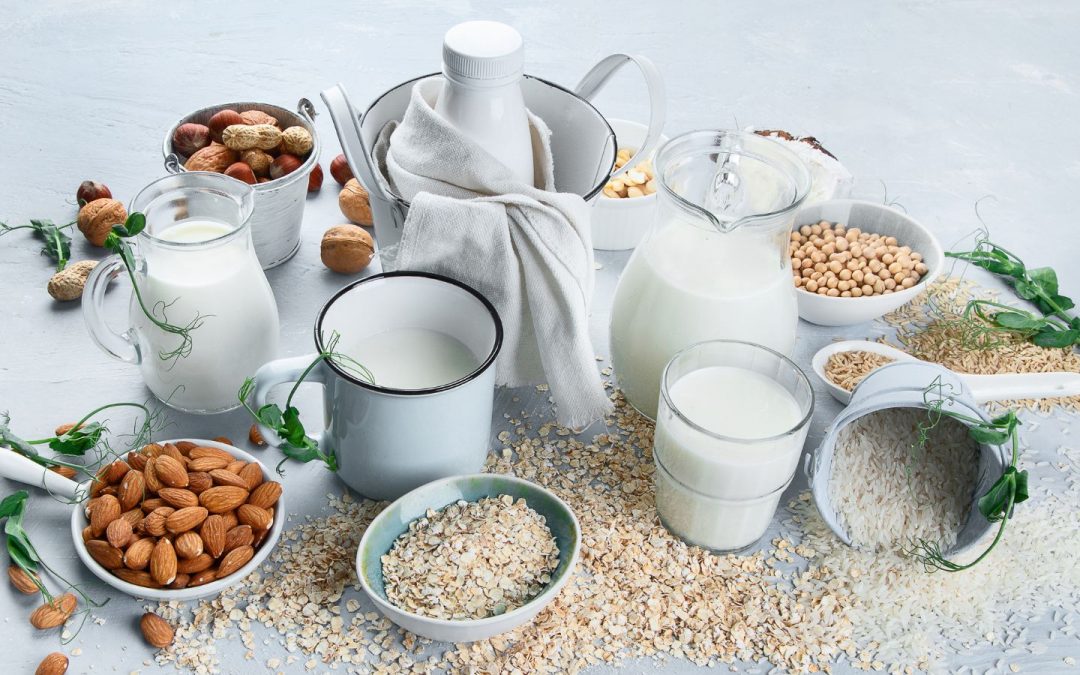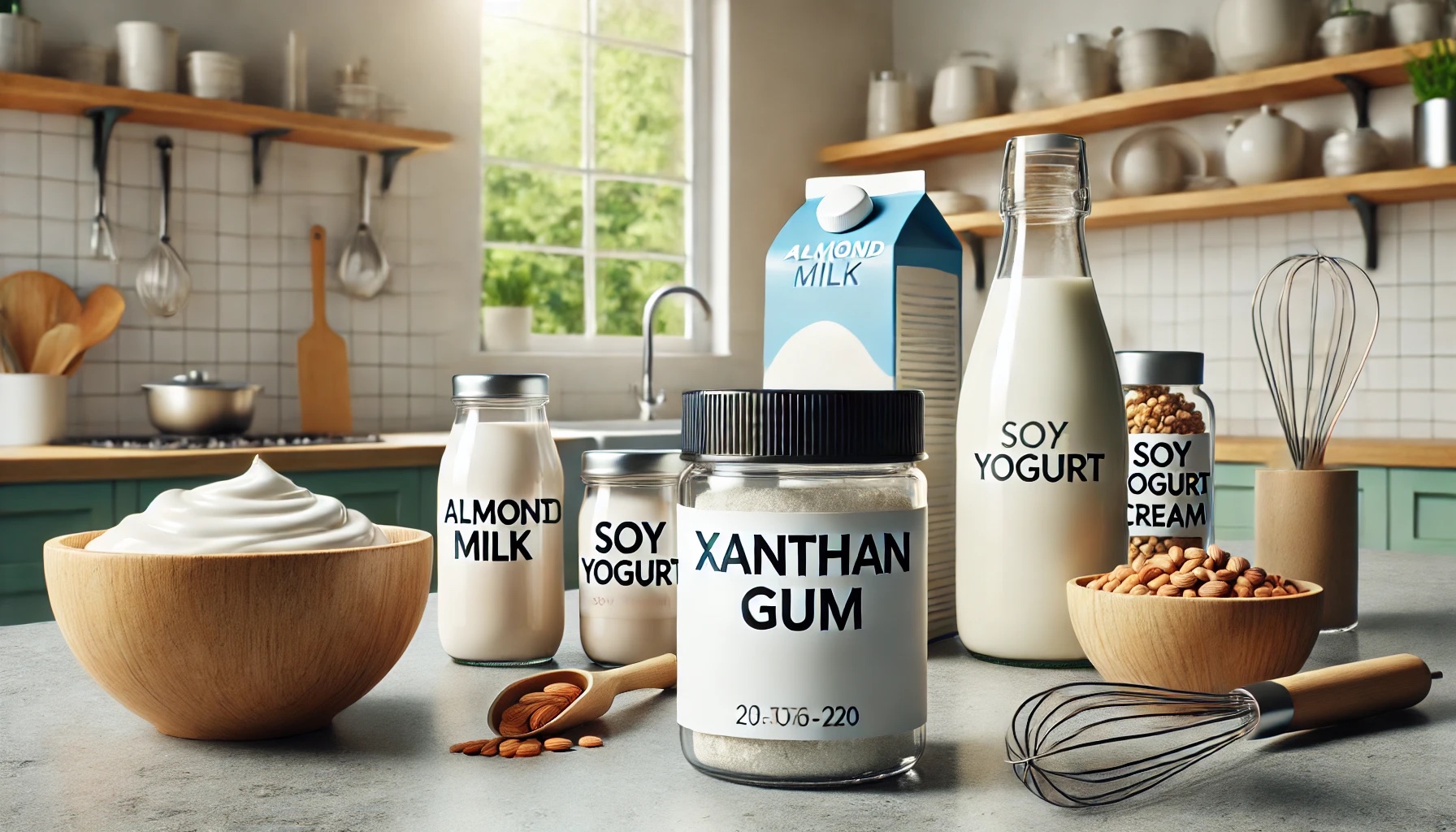Dry yeast is a staple ingredient in baking and brewing, used to produce bread, beer, and other fermented foods and drinks. But what exactly is in dry yeast, and how does it impact the nutritional profile of the finished product? In this article, we take a closer look at the nutritional content of dry yeast and its role in baking and brewing.
Composition of Dry Yeast

Dry yeast is comprised of yeast cells, sugar, and other nutrients.
- The sugar serves as a food source for the yeast cells, allowing them to grow and multiply during fermentation.
- The yeast cells also consume other nutrients, like nitrogen and phosphorus, essential for growth and metabolic processes.
- Other Nutrients include Protein and Fiber and also Vitamins and Minerals.
- Protein and Fiber Content
One of the key components of dry yeast is protein, which makes up about 40-45% of the total weight.
Protein is essential for the growth and maintenance of yeast cells. Also, it contributes to the texture and structure of the finished product. For example, the protein in bread dough provides elasticity and structure, resulting in a fluffy and tender loaf.
Fiber, although not typically considered a major yeast component, can also be found in small amounts. Fiber is important for maintaining digestive health and can contribute to baked goods’ texture and structure.
- Vitamins and Minerals
In addition to protein and fiber, dry yeast contains small amounts of vitamins and minerals, like B vitamins and magnesium. These nutrients play a role in metabolic processes and help support yeast cells’ growth and health.
Impact on Baked Goods and Beer
The nutritional content of dry yeast can significantly impact the finished product, affecting both the flavour and texture.
For example, yeast protein contributes to bread’s structure and texture. At the same time, the B vitamins can impact the flavour and aroma of beer. Additionally, the yeast minerals can affect the final product’s color and clarity.
Dry yeast is a versatile ingredient that produces bread, beer, and other fermented foods and drinks. Its nutritional content, including protein, fiber, vitamins, and minerals, significantly impacts the finished product’s flavour, texture, and overall quality.
Whether you are a home baker or a professional brewer, it is important to consider the nutritional content of yeast and how it will affect your final product.
Don’t let sourcing challenges slow down your production! Simplify your procurement process and enjoy the best deals on Instant Dry Yeast by purchasing with EasyBuy today. Shop with EasyBuy today!







